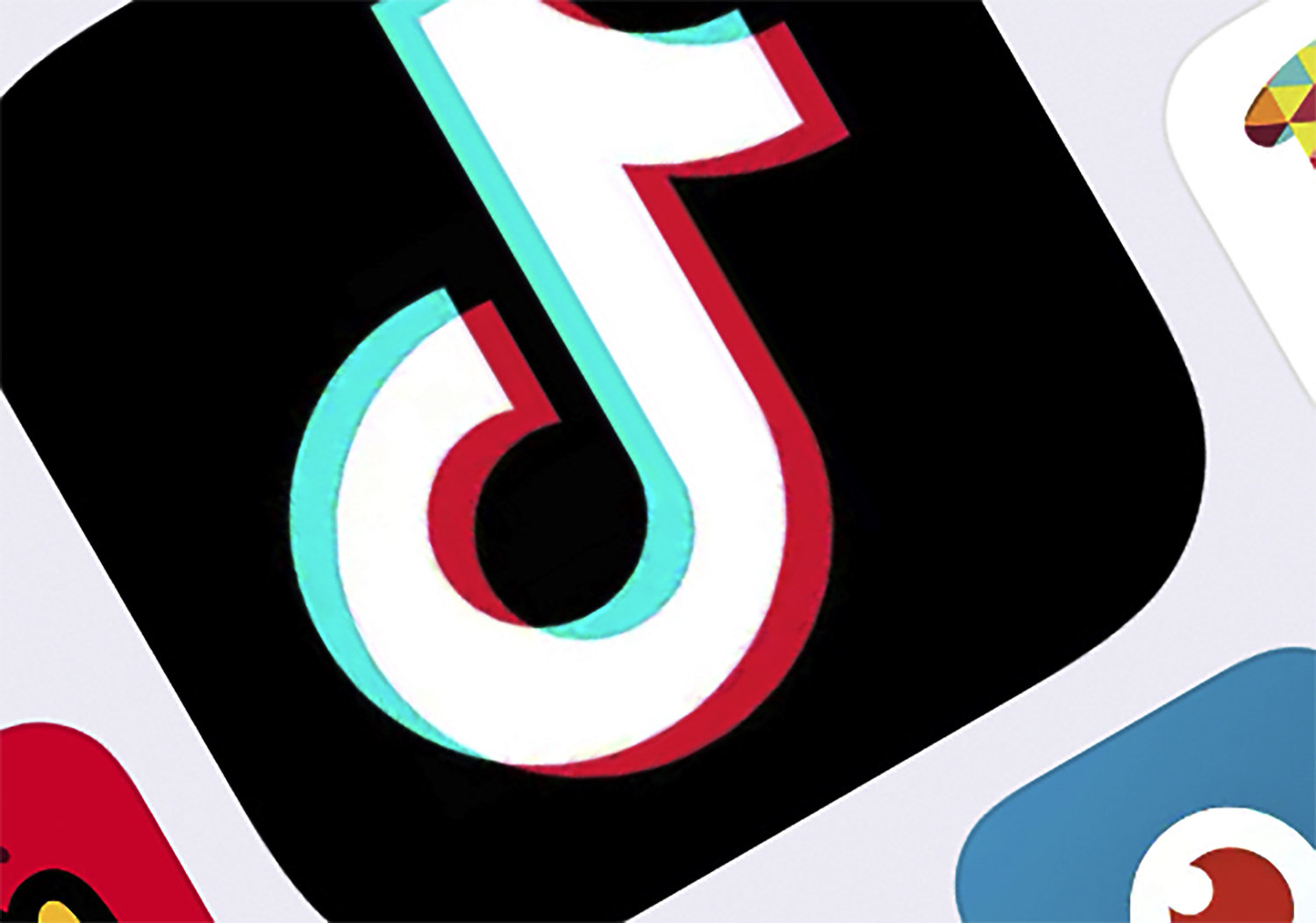One of the world’s largest social media companies is ramping up efforts to stop anti-LGBTQ2S+ content from being disseminated on its platform.
This week, TikTok announced that the company is implementing tighter restrictions on deadnaming and misgendering, as well as videos promoting the harmful and discredited practice of conversion therapy. Updates to its Community Guidelines unveiled on Feb. 8 state that the platform “will remove any content” that includes these prohibited actions and adds that individuals “involved in severe or repeated on-platform violations” will be banned for life.
Cormac Keenan, TikTok’s head of trust and safety, clarifies that referring to a trans person by their discarded legal name or a pronoun with which they do not identify has “long been prohibited on TikTok.” The company implemented the added policies, he says, after LGBTQ2S+ advocacy groups stressed the importance of “explicit” protections against bigotry and hate.
“On top of this, we hope our recent feature enabling people to add their pronouns will encourage respectful and inclusive dialogue on our platform,” he says in a statement.
The revised guidelines were developed in consultation with the media watchdog group GLAAD, which had previously called out TikTok for providing an “unsafe” environment for queer and trans users in a 2021 report. In its published findings, GLAAD stated that it had intended to grade TikTok on its policies to combat anti-LGBTQ2S+ hate but that it, along with the social media platforms Facebook, Instagram, Twitter and YouTube, would have received a failing grade.
TikTok’s policy updates were based on 50 pages of recommendations from GLAAD to ensure that LGBTQ2S+ users do not experience harassment or discrimination.
In praising TikTok’s commitment to addressing LGBTQ2S+ concerns, GLAAD President and CEO Sarah Kate Ellis says abuse leveled at queer and trans users “too often” results in “real world harm.” A 2021 survey from the Anti-Defamation League (ADL) found that 64 percent of LGBTQ2S+ respondents had experienced some form of homophobia or transphobia when accessing digital space.
“TikTok’s move to expressly prohibit this harmful content… raises the standard for LGBTQ safety online and sends a message that other platforms which claim to prioritize LGBTQ safety should follow suit with substantive actions like these,” Ellis said in a press release.
While TikTok’s revised guidelines are a welcome step, they are also years in the making.
“As of June 2021, the progressive non-profit think tank Media Matters reported that conversion therapy posts were still getting ‘hundreds of thousands of views’ on TikTok.”
The company first announced in 2020 that it intended to ban conversion therapy on its platform, but multiple reports showed that content encouraging users to seek treatments to “change” their sexual orientation or gender identity continued to proliferate on the app. As of June 2021, the progressive non-profit think tank Media Matters reported that conversion therapy posts were still getting “hundreds of thousands of views” on TikTok.
“This inconsistency is yet another example of TikTok loudly updating its community guidelines to garner positive press without actually enforcing the new rules, and thus leaving vulnerable users without the protection they were promised,” Media Matters concluded, pointing to what it said was TikTok’s failed attempt to crack down on multi-level marketing schemes on the app.
Advocacy groups lauded TikTok for taking increased measures to prevent the spread of conversion therapy online. The Trevor Project, a U.S.-based youth suicide prevention organization, says it’s “encouraging to see a prominent platform like TikTok take action toward creating safer online environments that help protect LGBTQ youth.”
“The Trevor Project’s research shows that LGBTQ youth who had access to LGBTQ-affirming spaces online reported lower rates of attempting suicide,” Casey Pick, its senior fellow for advocacy and government affairs, tells Xtra in an email. “TikTok’s move is a step in the right direction, and we hope other social media platforms follow suit in prioritizing the safety of LGBTQ communities online.”
While Twitter is the only other social media giant to explicitly banmisgendering on its platform, several others have also sought to curtail conversion therapy content. Facebook announced in July 2020 that it would prohibit any “ex-gay” media from being promoted on its platforms, including Instagram, but the company has struggled to enforce that pledge. A June 2021 investigation from Reuters found that conversion therapy posts were flourishing in the Arabic language.
LGBTQ2S+ advocates urged online gatekeepers to continue doing what is necessary to crack down on conversion therapy, which has been condemned by leading human rights and health experts like the United Nations (UN), World Health Organization (WHO) and American Medical Association (AMA).
“Promoting conversion therapy is no more defensible than promoting suicide or a deadly drug,” Mathew Shurka, co-founder of Born Perfect, a conversion therapy awareness group, tells Xtra in an email. “Of course it should be prohibited.”


 Why you can trust Xtra
Why you can trust Xtra


